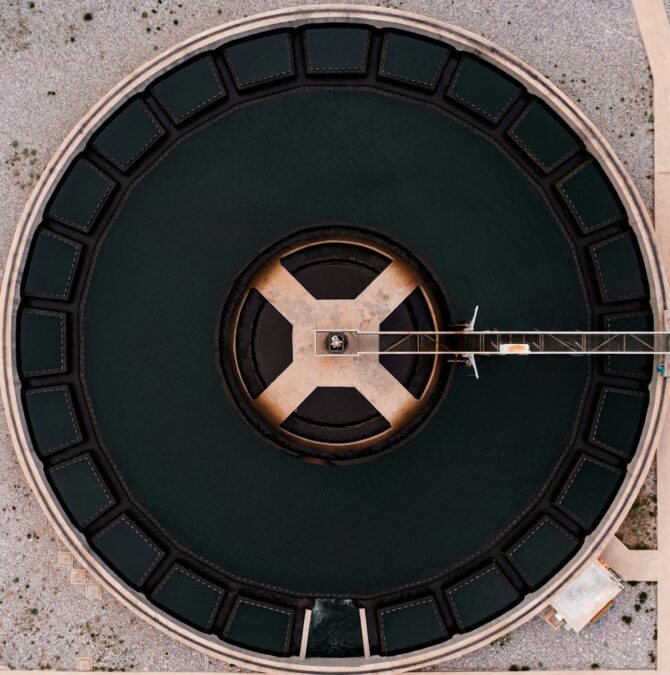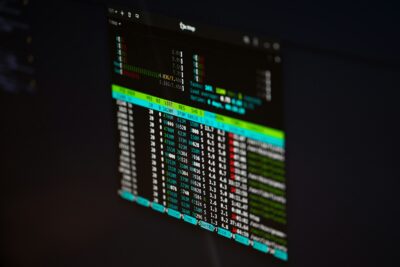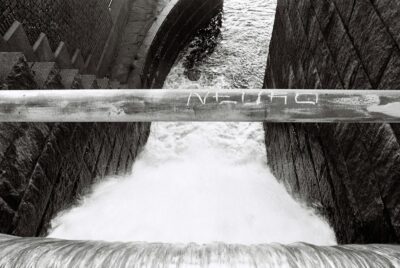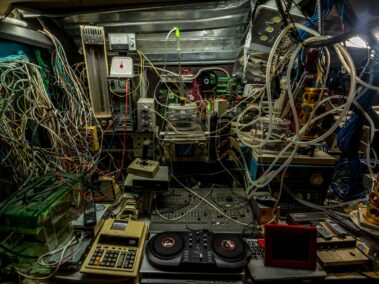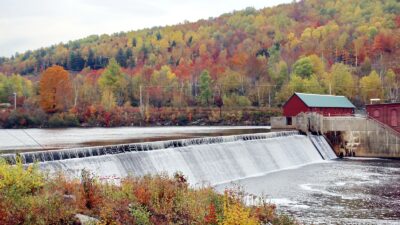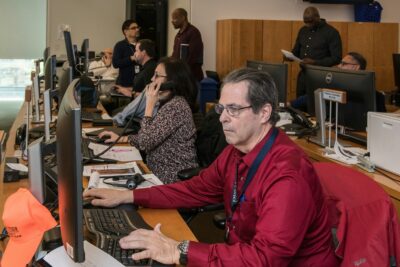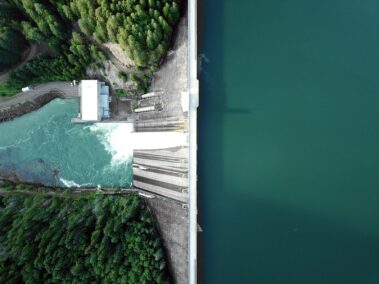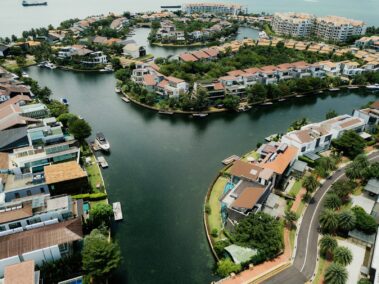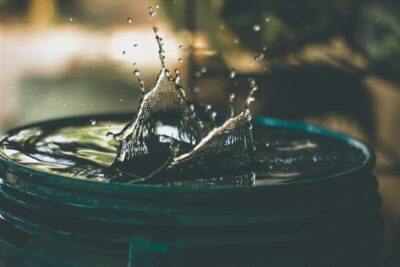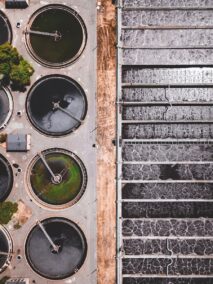Customizing Solutions for Environmental Compliance and Efficiency
Tailoring Water Treatment for Industrial Applications
Industrial water treatment technologies play a critical role in helping industries comply with environmental regulations and reduce their water consumption and pollution. In regions like Saudi Arabia and the UAE, where water scarcity and environmental sustainability are significant concerns, these technologies are indispensable. By customizing water treatment solutions to meet the specific needs of different industrial applications, companies can optimize their processes, minimize their environmental impact, and enhance their operational efficiency.
In cities such as Riyadh and Dubai, the adoption of advanced water treatment technologies is driven by stringent environmental regulations and the growing demand for sustainable practices. Industries ranging from petrochemicals to food processing require tailored water treatment solutions to address their unique challenges. For instance, the petrochemical industry often deals with complex contaminants that necessitate specialized treatment methods. By leveraging technologies such as membrane filtration, advanced oxidation processes, and biological treatment, these industries can achieve high levels of pollutant removal, ensuring compliance with environmental standards.
The collaborative efforts of government agencies, technology providers, and industrial stakeholders in the UAE exemplify the successful implementation of customized water treatment solutions. Initiatives like the UAE Water Security Strategy 2036 bring together experts from various fields to develop and deploy cutting-edge technologies for water treatment. These collaborative efforts ensure that industries have access to the latest advancements in water treatment, enabling them to reduce their water footprint and contribute to environmental sustainability.
Leveraging Modern Technology for Efficient Water Treatment
The role of modern technology in enhancing industrial water treatment cannot be overstated. In Saudi Arabia and the UAE, the adoption of advanced technologies such as AI, IoT, and nanotechnology is driving significant improvements in water treatment processes. These technologies enable real-time monitoring and optimization of water treatment systems, ensuring that they operate at peak efficiency and effectiveness.
In Riyadh, the implementation of IoT-enabled sensors across industrial water treatment plants allows for continuous monitoring of water quality and system performance. These sensors collect data on various parameters such as pH, turbidity, and chemical concentrations, providing a comprehensive picture of the treatment process. By integrating this data with AI and machine learning algorithms, industries can predict potential issues and optimize their treatment processes in real time. This proactive approach ensures that water treatment systems are always functioning at their best, reducing downtime and maintenance costs.
Dubai’s Smart City initiative highlights the integration of nanotechnology into industrial water treatment. Nanomaterials such as carbon nanotubes and graphene oxide are being used to enhance the efficiency of filtration and adsorption processes. These materials have unique properties that allow them to remove contaminants at a molecular level, resulting in cleaner and safer water. By leveraging nanotechnology, industries in Dubai can achieve higher levels of pollutant removal with lower energy consumption, contributing to both environmental sustainability and operational efficiency.
Impact on Environmental Compliance and Sustainability
Effective industrial water treatment is essential for ensuring environmental compliance and promoting sustainability. In Saudi Arabia and the UAE, the data collected from water treatment systems provides a solid foundation for developing evidence-based environmental policies. These policies aim to reduce water consumption, minimize pollution, and protect natural resources, ultimately improving the quality of life for residents.
In Riyadh, industrial water treatment technologies are used to support compliance with national and international environmental standards. Industries analyze data from their water treatment systems to identify areas for improvement and implement targeted interventions. This proactive approach not only helps industries meet regulatory requirements but also enhances their reputation as environmentally responsible organizations. By investing in advanced water treatment technologies, industries in Riyadh can reduce their environmental impact and contribute to the city’s sustainability goals.
Dubai’s environmental policies are similarly informed by comprehensive data from industrial water treatment systems. The city’s authorities use this data to implement measures aimed at reducing water consumption and pollution. For example, Dubai’s regulatory framework encourages industries to adopt water recycling and reuse practices, reducing their reliance on freshwater sources. By leveraging data-driven insights, Dubai can develop and implement effective policies that address the root causes of water scarcity and pollution, protecting the health of its residents and the environment.
The Future of Industrial Water Treatment Technologies
As technology continues to evolve, the future of industrial water treatment technologies looks incredibly promising. Advances in AI, IoT, and nanotechnology will enable even more accurate and efficient water treatment processes. In cities like Riyadh and Dubai, ongoing investments in research and development will ensure that water treatment systems remain at the cutting edge of innovation. The integration of emerging technologies such as blockchain and advanced data analytics could further enhance the capabilities of these systems, providing new opportunities for collaboration and efficiency.
One promising development is the use of generative artificial intelligence to create predictive models for water treatment. These models can simulate various treatment scenarios and predict their potential impact on water quality and system performance. Additionally, the use of blockchain technology can enhance the security and transparency of water treatment data, ensuring that all stakeholders have access to accurate and reliable information. The integration of these technologies into industrial water treatment systems will provide a robust foundation for proactive and coordinated water management.
However, the widespread adoption of advanced water treatment technologies also presents certain challenges. Ensuring the reliability and accuracy of real-time data is paramount, as is the need for continuous investment in technological infrastructure. Collaboration between government agencies, private sector partners, and research institutions is essential to address these challenges and drive the development of innovative solutions. By embracing these opportunities and overcoming the associated challenges, Saudi Arabia and the UAE can continue to lead the way in enhancing water treatment and environmental sustainability.
Conclusion: The Strategic Importance of Industrial Water Treatment Technologies
The integration of advanced industrial water treatment technologies through collaboration between technology companies, industries, and government agencies is essential for enhancing environmental compliance and sustainability. In Saudi Arabia and the UAE, these partnerships are driving significant improvements in the way water is treated and managed. By leveraging cutting-edge technologies such as AI, IoT, and nanotechnology, these regions can ensure that their water treatment efforts are efficient, effective, and timely.
The use of real-time data and advanced analytics provides stakeholders with the insights they need to make informed decisions quickly and accurately. This proactive approach to water treatment significantly reduces the potential for environmental pollution and resource depletion. The collaboration between various stakeholders ensures that the latest advancements in technology are continuously integrated into water treatment strategies, keeping these regions at the forefront of innovation and sustainability.
Looking ahead, the future of industrial water treatment technologies is filled with potential. Advances in AI, IoT, and nanotechnology will continue to enhance the capabilities of these systems, providing new opportunities for innovation and collaboration. By embracing these technologies and addressing the associated challenges, Saudi Arabia and the UAE can continue to lead the way in enhancing water treatment and environmental sustainability, setting a global standard for excellence in water management.
—
#IndustrialWaterTreatment #EnvironmentalRegulations #WaterConsumption #PollutionReduction #SaudiArabia #UAE #Riyadh #Dubai #ModernTechnology #BusinessSuccess

